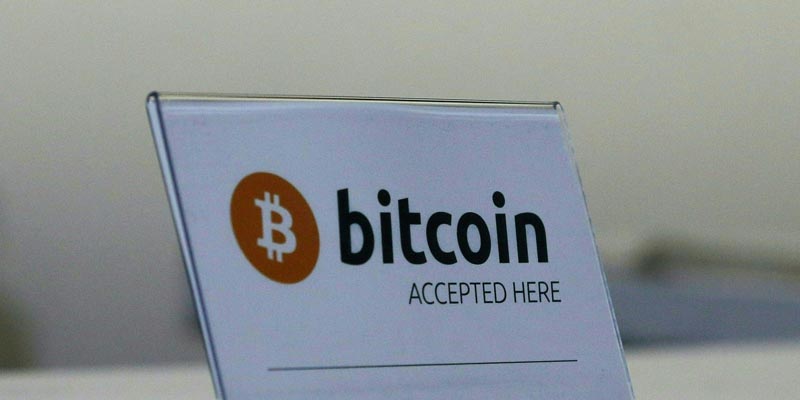- India
- Nov 19
Explainer / What is cryptocurrency?
• Prime Minister Narendra Modi delivered the keynote address at the Sydney Dialogue on November 18, 2021. He urged democratic nations to work together to ensure that cryptocurrency does not end up in the wrong hands as he underlined the need for like-minded countries to unitedly deal with emerging challenges of the digital revolution.
• The Sydney Dialogue is an initiative of the Australian Strategic Policy Institute. It brings together political, business and government leaders to debate, generate new ideas, and work towards common understandings of the opportunities and challenges posed by emerging and critical technologies.
• Modi said technology and data are becoming “new weapons” and whether all the wonderful powers of technology will be instruments of cooperation or conflict, coercion or choice and domination or development will depend on choices the nations make.
• The PM said like-minded countries should develop technical and governance standards and norms consistent with their democratic values and create standards and norms for data governance.
• There have been concerns in India over misleading claims of huge returns on cryptocurrency investment and its possible use for money laundering and terror financing. Last week, Modi chaired a meeting on the way forward on cryptocurrencies like Bitcoin.
What is cryptocurrency?
• A virtual currency is a digital representation of value that can be digitally traded and functions as a medium of exchange / a unit of account or a store of value.
• A virtual currency may be a private medium of exchange, but does not in any way reflect a sovereign guarantee of the value or legal tender status. Virtual currency is therefore distinguished from the fiat currency of a country that is designated as its legal tender.
• Cryptocurrencies are a subset of virtual currencies that are decentralised, and protected by cryptography. Bitcoin is an example of a cryptographic virtual currency, and was the first of its kind.
What is Bitcoin?
• Bitcoin is based largely on complex math, data-scrambling cryptography, thus the term cryptocurrency, and a distributed global ledger called the blockchain, which records all transactions.
• No central bank or other institution has any say in its value, which is set entirely by people trading Bitcoins.
• The concept of Bitcoin, and its underlying blockchain technology, was laid out in a white paper published in October 2008 by Satoshi Nakamoto, whose true identity is not known.
• In the white paper titled ‘Bitcoin: A Peer-to-Peer Electronic Cash System’, he envisioned the use of Bitcoin as a peer-to-peer network to allow online payments to be sent from one party to another without relying on a financial institution.
• The first-ever Bitcoin transaction took place on January 9, 2009, between Nakamoto and software developer Hal Finney.
• In June, El Salvador became the first country in the world to adopt Bitcoin as legal tender.
What is blockchain technology?
• Bitcoin attracted attention to its underlying technology — the blockchain — which may be used to revolutionise the way companies handle payments or transfer information.
• A blockchain is a database that is shared across a network of computers. Once a record has been added to the chain, it is very difficult to change.
• To ensure all the copies of the database are the same, the network makes constant checks. Blockchains have been used to underpin cryptocurrencies like Bitcoin, but many other possible uses are emerging. Advocates of the technology say this makes Bitcoin transactions secure and safer than current systems.
India and cryptocurrency
• The government had constituted an inter-ministerial committee (IMC) on November 2, 2017, under the chairmanship of the economic affairs secretary, with secretary of the ministry of electronics and information technology, Sebi chairman and an RBI deputy governor as members to study the issues related to virtual currencies, and propose specific action.
• The committee suggested banning of private cryptocurrencies, like Bitcoin, and criminalising any activities related to virtual currencies.
• The panel, however, pitched for the introduction of an official digital currency with a status of a legal tender and appropriately regulated by the RBI.
• It also highlighted the positive aspect of distributed ledger technology (DLT) and suggested various applications, especially in financial services in India.
• Concerned over the risk associated in dealing with virtual currencies, such as Bitcoins, RBI in its April 2018 circular, prohibited trading in such digital currencies.
• In March 2020, the Supreme Court allowed banks and financial institutions to provide services related to cryptocurrencies by setting aside the RBI circular of 2018 which had prohibited them.
Manorama Yearbook app is now available on Google Play Store and iOS App Store



